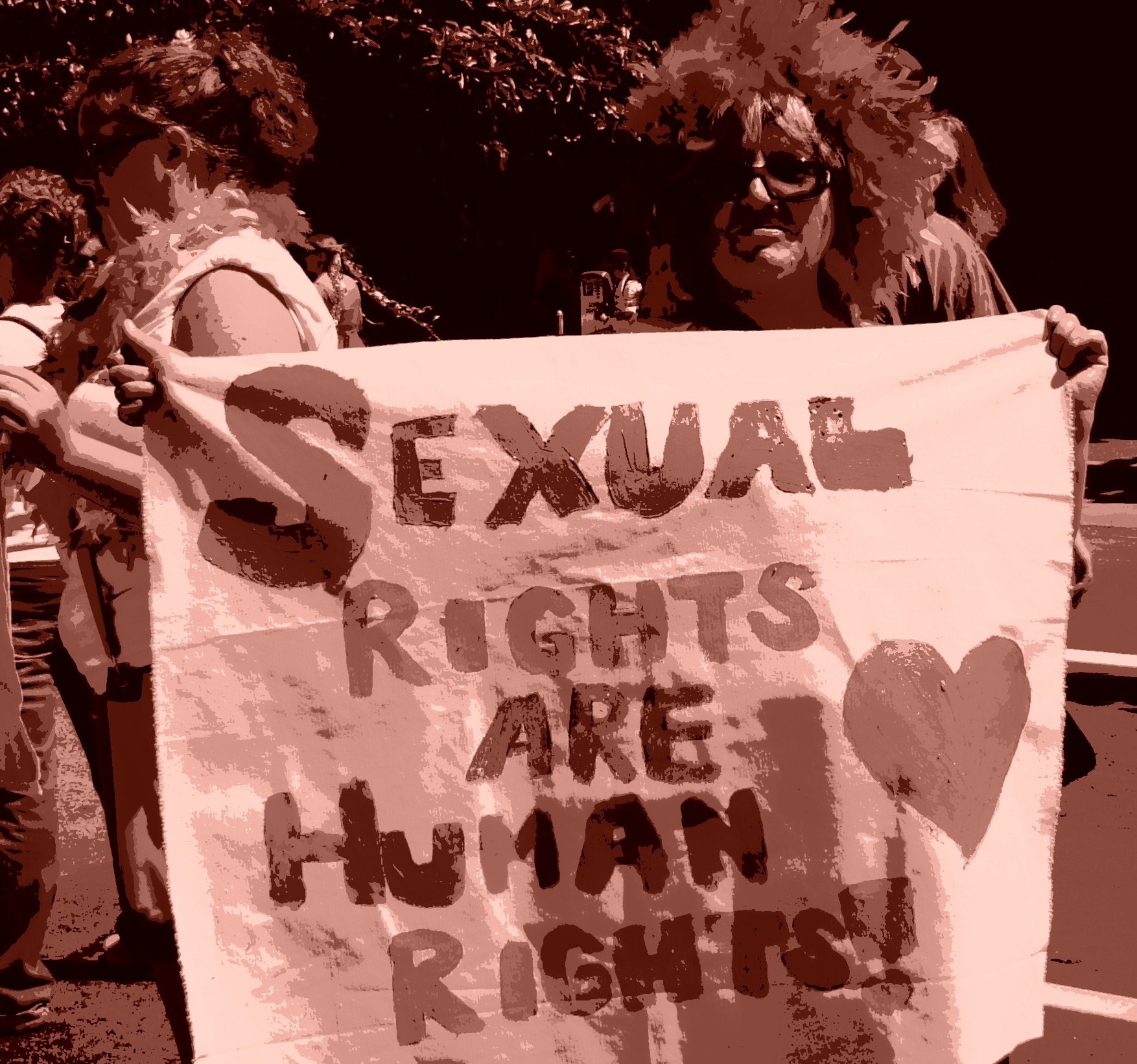

Electronic Journal of Human Sexuality
To disseminate knowledge about all aspects of human sexuality to the widest possible international community at moderate cost. The method we choose to use:
1) Peer reviewed research articles, with additional commentary by our readers that will be considered by the editors after publication.
2) Dissertations and Theses on the subject of sexuality, which have been approved by the author's appropriate academic committee.
3) Peer reviewed general interest articles by qualified authors.
4) Posters from faculty and student presentations that have appeared at an academic meeting..
5) Book reviews of relevant books
6) Broad content, not academically narrow in focus.
7) Continuously interactive and constantly updated, available 24 hours a day.
8) Easily searchable and downloadable for research purposes or general education.
9) Unlimited size, extensive graphic capabilities.
10) Archived annually on CD ROM and available to libraries worldwide. To obtain CD copies of current and past volumes, contact Dr. Dave Hall.

The ethical guidelines for the Institute are based on the belief that sexual rights are human rights.
1. The freedom of any sexual thought, fantasy or desire.
2. The right to sexual entertainment, freely available in the marketplace, including sexually explicit materials dealing with the full range of sexual behavior.
3. The right not to be exposed to sexual material or behavior.
4. The right to sexual self-determination.
5. The right to seek out and engage in consensual sexual activity.
6. The right to engage in sexual acts or activities of any kind whatsoever, providing they do not involve nonconsensual acts, violence, constraint, coercion or fraud.
7. The right to be free of persecution, condemnation, discrimination, or societal intervention in private sexual behavior.
8. The recognition by society that every person, partnered or unpartnered, has the right to the pursuit of a satisfying consensual sociosexual life free from political, legal or religious interference and that there need to be mechanisms in society where the opportunities of sociosexual activities are available to the following: disabled persons; chronically ill persons; those incarcerated in prisons, hospitals or institutions; those disadvantaged because of age, lack of physical attractiveness, or lack of social skills; and the poor and the lonely.
9. The basic right of all persons who are sexually dysfunc-tional to have available nonjudgmental sexual health care.
10. The right to control conception.



